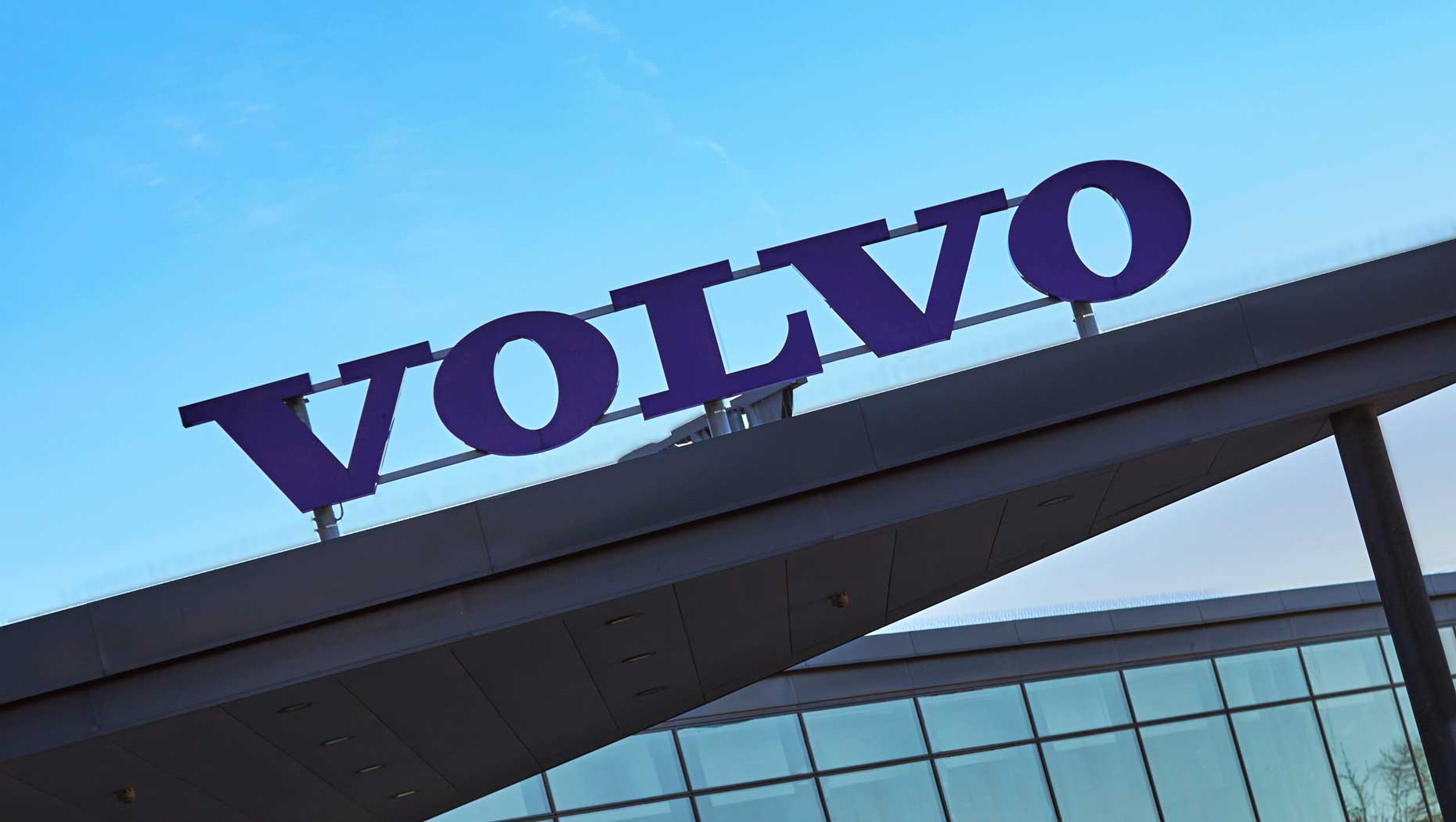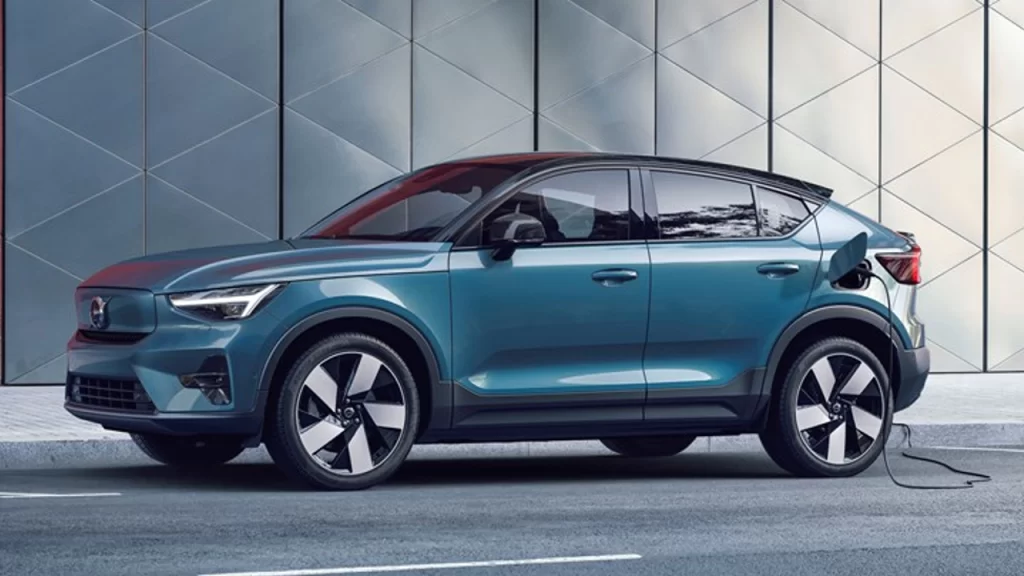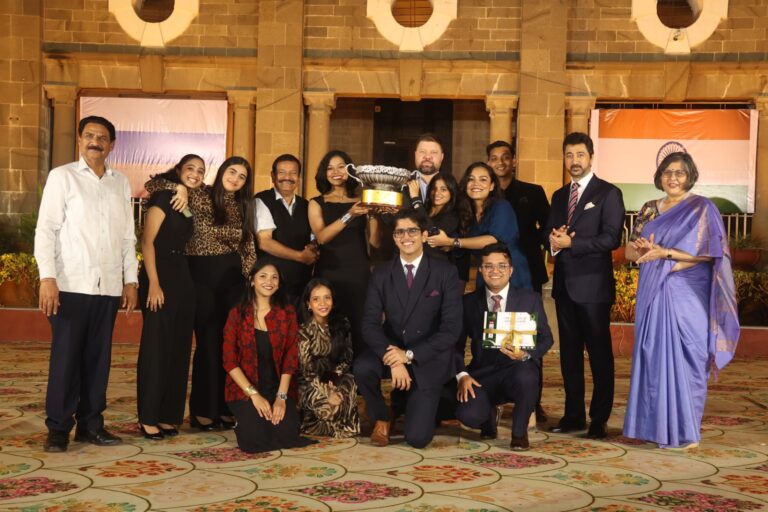
According to a top official at Volvo Cars India, the Indian division of the Swedish automaker Volvo plans to completely electrify its portfolio far before the parent company’s 2030 worldwide electrification target.
Although its IC-engine portfolio now only includes mild hybrid models, Volvo wants to eventually replace its gasoline-powered vehicles with battery electric vehicles (BEVs).
By 2025, the carmaker wants to sell half of its vehicles in India as electric vehicles, according to Jyoti Malhotra, managing director of Volvo Auto India. With its most recent launch, the pure electric crossover C40 Recharge, which comes months after the XC40 Recharge EV, which already accounts for 27% of its total sales in India this year as of May, the company wants to “expand” the market for premium and luxury EVs in India to introduce products across price segments in these categories.
The C40, touted as India’s most inexpensive e-luxury vehicle, would likely start shipping in September.

With the exception of the Mini Cooper SE, which starts at a lower price of 52.9 lakh euros, the XC40 Recharge pure EV has an ex-showroom price of 56.9 lakh euros, which is much less than the EVs provided by its German rivals BMW, Mercedes-Benz, and Audi. More than the 2% EV penetration in the mass market for passenger vehicles, EVs currently make up slightly over 5% of all automobiles sold in India’s luxury category.
Customers currently have a relatively small selection of EVs to choose from. Expanding the market is crucial, and we anticipate that each product line will boost the industry’s volume. Our goal is to persuade any consumer seeking for a premium car at a specific price point to choose an EV instead of a car with an internal combustion engine.
Volvo Cars forecasts demand for its non-EV models to hold up well for the remainder of the year despite its incremental releases being concentrated in the EV sector, with sales likely to exceed the pre-covid-19 peak volumes recorded in 2018.
There is currently a strong demand in the market for premium cars. The first five months of the year have been fairly successful, and I believe 2019 will be a stronger year for the industry than 2018, which was our pinnacle. We will all cross that boundary, in my opinion. Having said that, the problem is that there is still a supply shortage, and we are still facing problems there. Inconsistent supply result. You might make plans, but then something might happen, forcing you to change your plans. But if supplies continue as they are, the industry should set a new record for sales this year.
We still lag behind the mass market, which has already crossed that threshold and posted record numbers last year, despite the fact that they did. The levels there are where we want to be.
According to Volvo Cars India, the country’s infrastructure development would support the growth of the market as EV sales increase.
“One benefit of all the roads being constructed in India at the moment is that they may be constructed in an EV-friendly manner. Customers will notice several benefits once this infrastructure is in place because these are declared government objectives.
Positive effects would also result from the fact that these cars’ lives are not limited, unlike IC-engine automobiles in places like Delhi. We must address discom concerns and make installing chargers quick and simple faster as a nation.
Source- livemint





